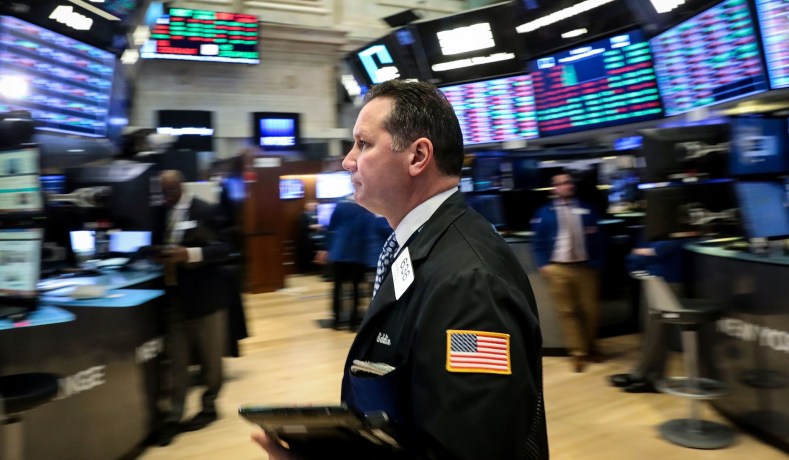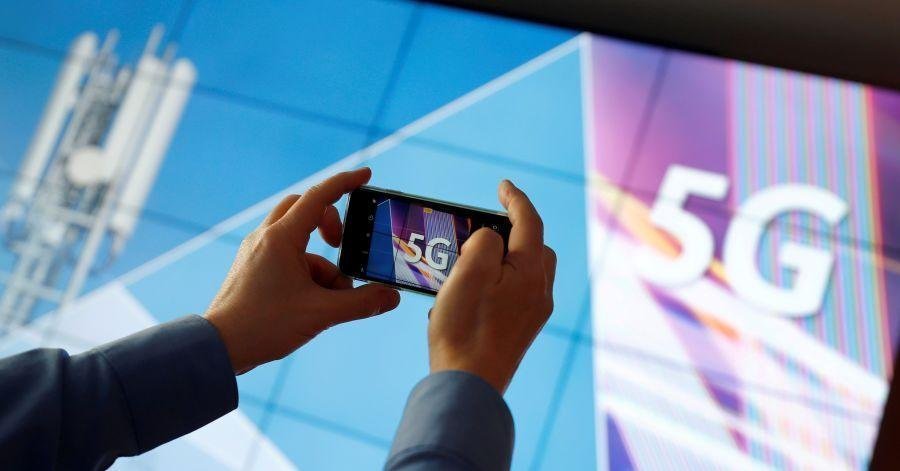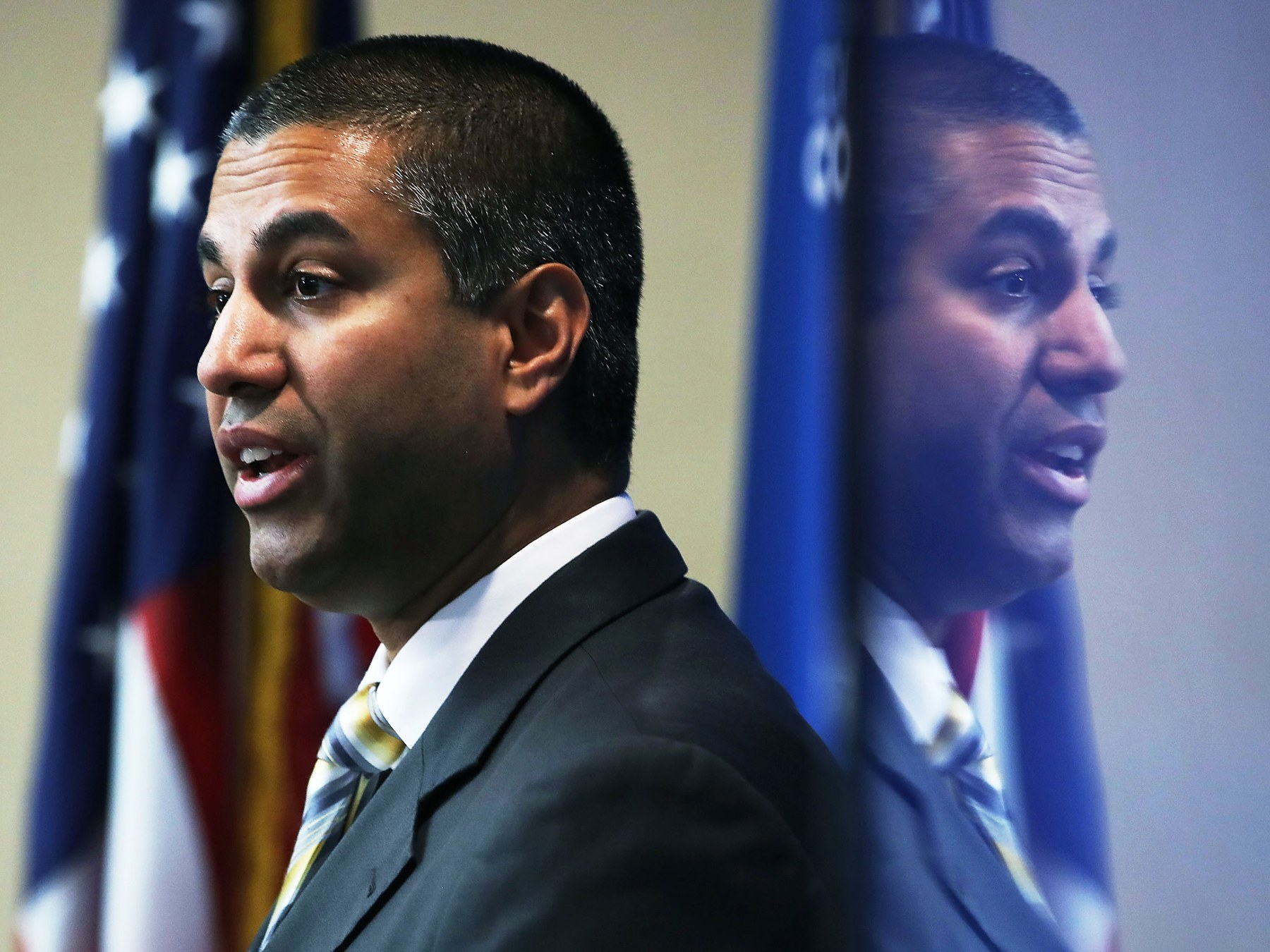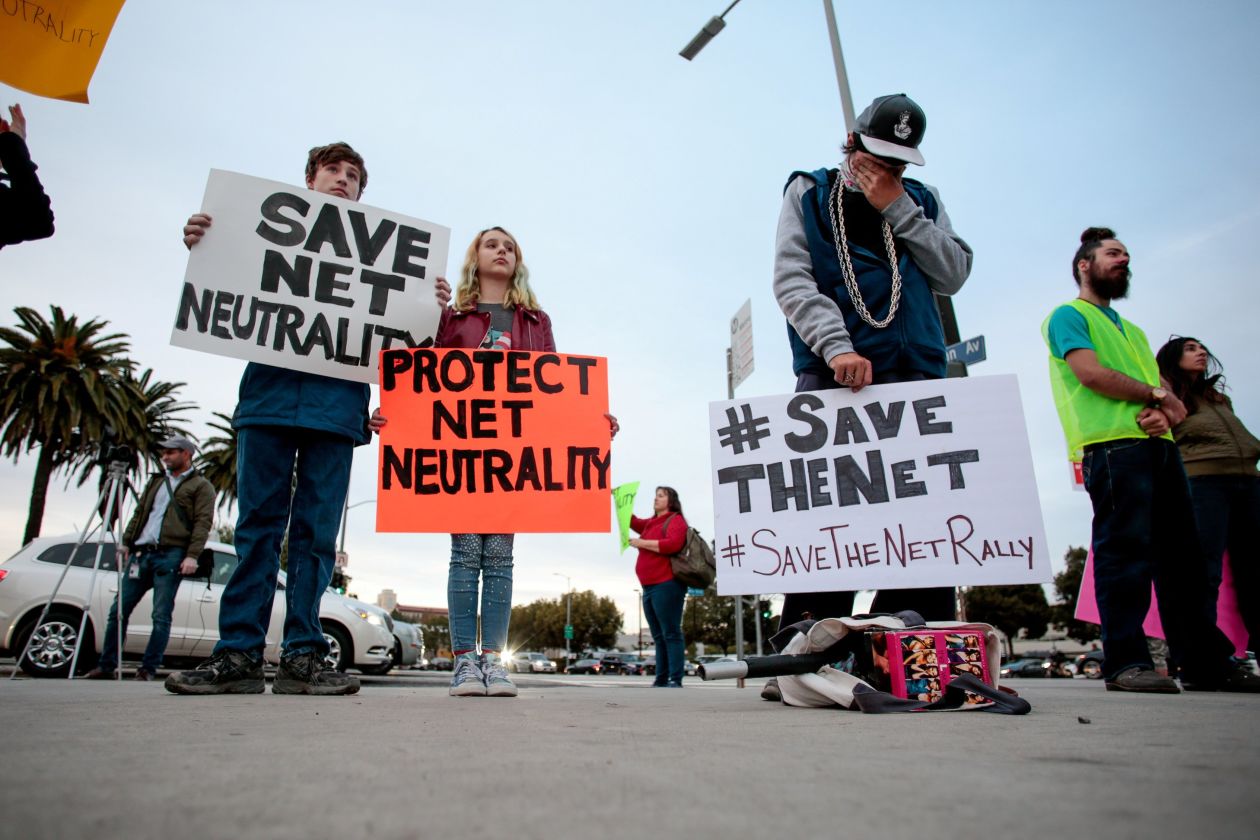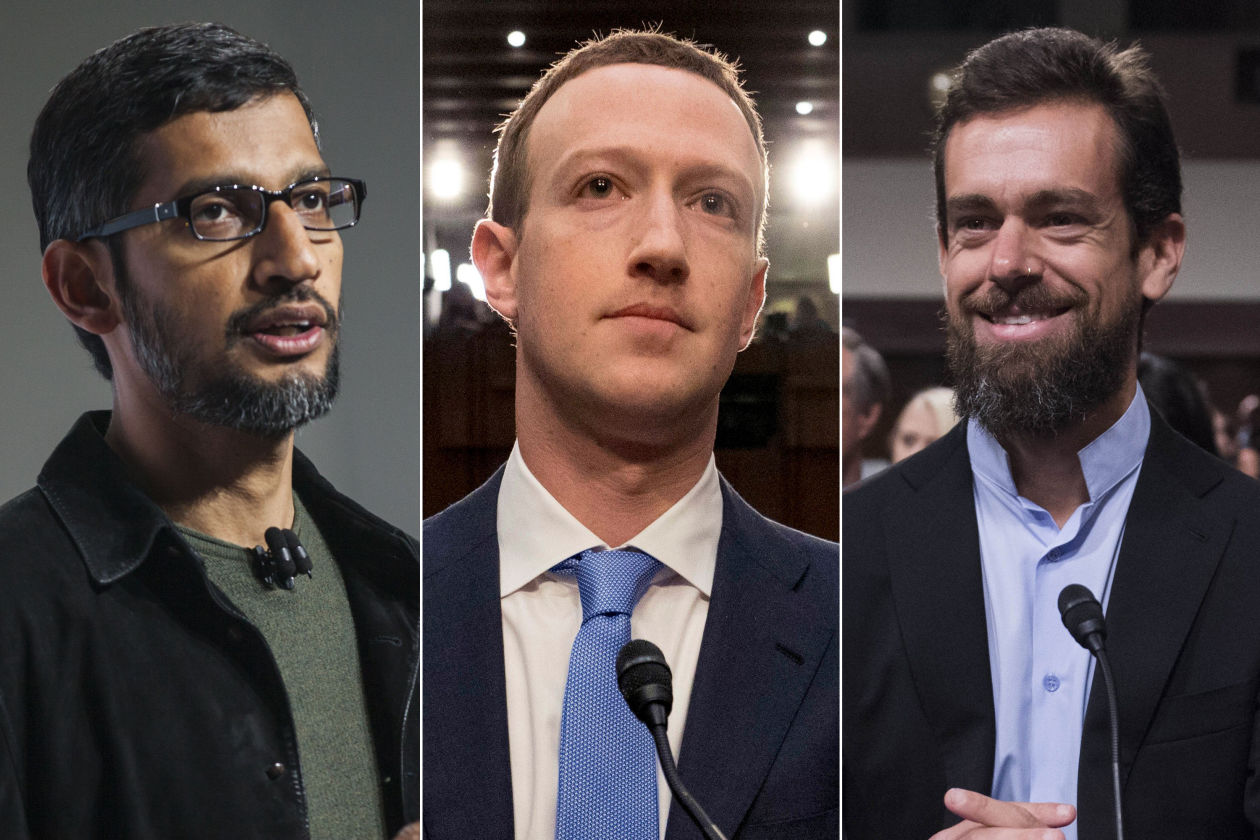Originally published by ABC NEWS – See article here.

(Photography by Ruby Washington/The New York Times)
14 Dec 2000
The Federal Trade Commission today unanimously approved the merger between America Online and Time Warner — the largest in U.S. history — after extracting last-minute pledges from the companies aimed at protecting consumer choice for the next generation of Internet services and content.
Approval for the $111 billion deal came after AOL and Time Warner made a last-minute offer to increase competitors’ use of cable lines and log complaints from rivals about obtaining Time Warner content.
The deal still has to pass the Federal Communications Commission, but any objections they might have would be much easier to surmount, making FTC approval tantamount to a full check-off, some say.
“The body language, if there can be such from the FCC, seems to have been pretty favorable, in that this transaction heads the media business toward the next leg of evolution,” said Lanny Baker of Salomon Smith Barney. “We’re a hurdle away from the end of the race.”
Consent Decree Addresses Issues
The commission voted 5-0 to endorse the deal, even though approval was in question earlier this week, with some members expressing concerns about the union’s impact on consumers.
The commission accepted a consent decree that addresses a range of anti-competitive effects of the deal. They include safeguards to prevent the company from shutting out other Internet providers from its high-speed service, also known as “broadband,” and from discriminating against the content of other companies delivered over its Internet or interactive television service.
“We believe that this order negotiated in good faith by these parties should prevent foreclosing of access and open the door to this extraordinary new technology,” said FTC Chairman Robert Pitofsky.
Under its agreement with the FTC, the combined company must offer at least three Internet providers, in addition to AOL, within three months of offering service in a market.
That’s to ensure consumers could select from a variety of Internet providers in the high-speed online world — similar to the choices they already enjoy with traditional dial-up connections.
The settlement also says the combined business cannot discriminate in providing Time Warner content to Internet companies besides AOL. At the same time, AOL Time Warner cannot discriminate against content from other sources that it uses on its Internet systems or interactive television service. Some critics of the deal had feared that the combined business would use special technology to slow delivery of unaffiliated content.
A Win for Consumers
The companies called the agreement “a win for consumers.” The “commitment to consumer choice embodied in the FTC agreement will become a model for other cable systems throughout the country,” they said in a joint statement.
Even consumer advocates, long skeptical of the merger’s impact, lauded the conditions reached with the FTC. “AOL and Time Warner thought they could take the Internet and interactive TV and become the sole gatekeeper,” said Jeff Chester of the Center for Media Education. “They can’t do that now.”
Time Warner also wins in the merger, according to analyst Baker, because it gets broader exposure on the Internet.
“What Time Warner gains is probably the most desirable dance partner that there is to take the Time Warner assets and content and brands and extend them into the interactive, online medium,” he said.
European regulators already have signed off on the merger. The FCC has said it would act by year’s end.
But the major hurdle for the companies had been the FTC, which struggled for months to grapple with the issues triggered by the unprecedented marriage of old and new media. AOL is the nation’s largest Internet provider with 26 million subscribers and a trademark name associated with its wildly popular instant messaging service and other products.
Media powerhouse Time Warner runs some of the best-known names in entertainment, including HBO, CNN and movies and music from Warner Brothers. The company also controls an extensive network of cable lines, capable of serving nearly 21 million homes.
The government feared that together, the two companies could shut out competitors for emerging Internet services, such as super fast Web access. Time Warner is offering such service — dozens of times faster than today’s dial-up connections — on its cable pipes.
Access to Cables, Content
To assuage those concerns, Time Warner last month forged an agreement with Earthlink, the No. 2 Internet service provider and AOL’s chief rival. The FTC had scrutinized the terms of that arrangement to see that Time Warner’s prices and terms are fair.
The agency wanted a blueprint in place so other Internet providers, such as Microsoft’s MSN service, could reach similar agreements with Time Warner.
Small- and medium-sized online companies raised red flags that the EarthLink deal terms — still undisclosed — would not let them get on Time Warner’s systems.
If that’s the case, “innovation is going to slow to a snail’s pace,” said Stephen Heins, director of marketing for NorthNet, a Wisconsin Internet company with 2,500 customers.
EarthLink officials assert the deal includes fair prices and can serve as a model.
“It creates a foundation rather than a limit for the ability of others Internet providers to negotiate with Time Warner,” said Dave Baker, a company vice president.
Consumer groups and rivals worry that AOL-Time Warner will discriminate against other programming coming in over its Internet and interactive TV systems.
Contributing to this report were ABCNEWS Radio, MONEYScope contributing editor Andrew Serwer, The Associated Press and Reuters.


